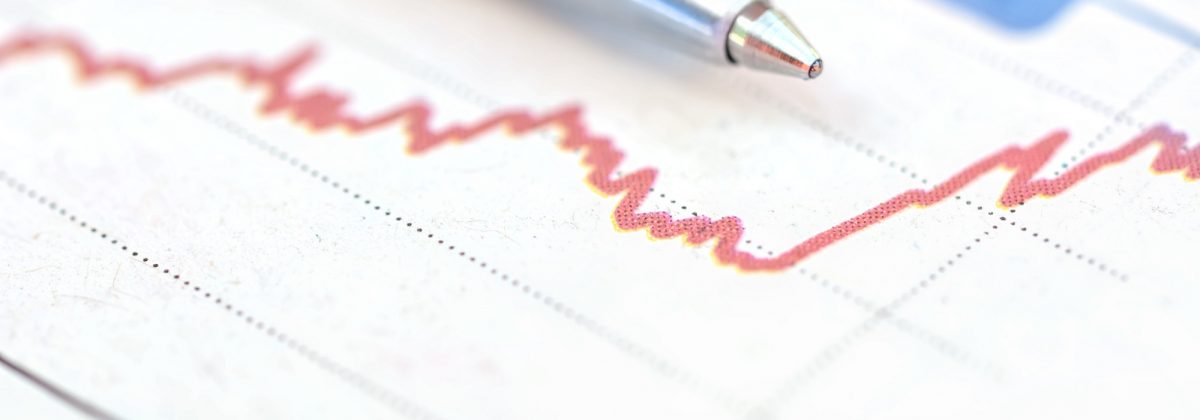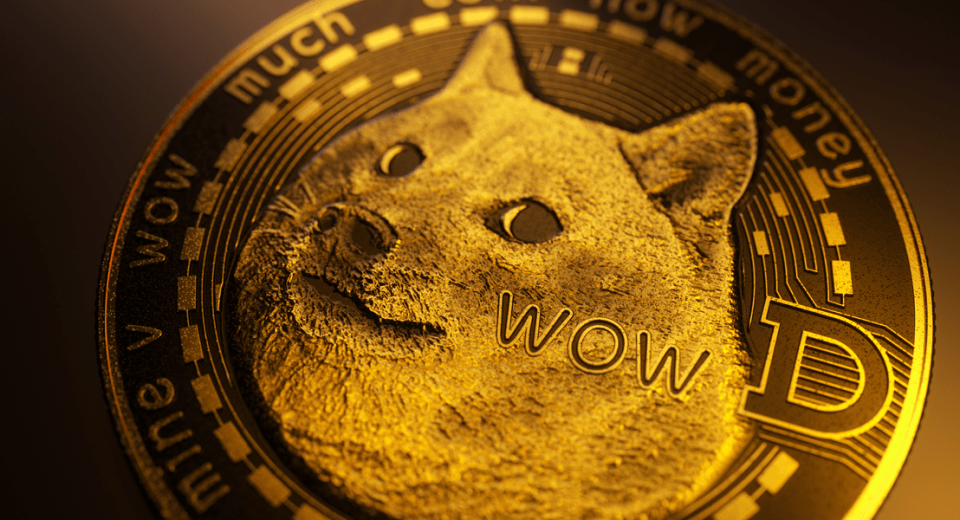How Inflation Impacts an Economy and Its Currency

A continued increase in the general level of prices and services in a country is termed as inflation. Due to the damaging effects of the 2008 financial crisis, global inflation rose to an average of 6.4% from 2008 to 2010. However, years of steady economic progress, led by strong monetary policies adopted by the EU and US, led to a decrease in the average inflation rate from 2015 onwards. The IMF, in its April 2019 Global Economic Outlook, predicts an approximately 3.6% global inflation rate for 2020.
For a trader, inflation is one of the primary economic indicators to track in their market analysis. It affects a country’s economic growth, determines the Central Bank’s monetary and fiscal policies, and ultimately impacts the value of the domestic currency.
What is Inflation?
Although most people believe inflation is a gradual increase in prices of goods and services, experts maintain that it is not an accurate understanding of the concept. This is because inflation is all about the rate at which prices are increasing, not the actual increase itself. So, inflation can fall even if actual prices are increasing.
It is not enough to review prices, one needs to compare the price rise over a specific period of time to gain a good understanding of inflation. This is how governments and central banks make decisions to mitigate inflation and promote employment and economic growth.
Two major figures that governments take into consideration for this are:
- Consumer Price Index (CPI): This is the cost and standard of living in a country. It is the rate of price changes for a basket of consumer goods and services, such as fuel, automobiles, clothing, food items, etc.
- Wholesale Price Index (WPI): This measures price changes from the perspective of the seller. It reflects on the changes in prices, over a specific period of time, by domestic producers, at a stage before the retail stage. It takes into consideration commodity prices, although these products vary from country to country. In some large economies, like the US and UK, the number of products may range over a thousand.
WPI generally increases before the CPI in the short term; over the long term both show similar rates of increase.
Impact on Economy and Currency Value
Inflation tends to recur in every country, rising when the economy does well and falling when consumers are not optimistic about the economy. It is a complex phenomenon, and occurs as a result of a lot of factors, but a persistent rise in inflation rates can damage an economy.
1. Erodes Purchasing Power
When the prices of goods and services rise, compared to wages, consumers lose their purchasing power. Their inflation-adjusted income (the real income) becomes lower than their nominal income. Inflation acts as a hidden tax, burdening a major section of consumers, who are least able to bear it. Therefore, the standard of living in the country drops.
2. Increase in Interest Rates
The Central Bank of every country has a primary duty to monitor inflation, keep the economy stable and facilitate employment. Central banks usually have a fixed inflation target. For instance, the US Federal Reserve has a 2% inflation target. To help curb rising inflation, the Fed raises the Federal Funds Rate, which then leads to an increase in the interest rates charged by the banks from their consumers. This means that US banks will not able to pass on the benefits of low-cost loans to consumers and business owners when the Fed raises its rates.
This slows down spending and curbs economic growth, but controls inflation. There exists a delicate balance, and central banks have more than one way to control inflation. They can control money supply or increase the bank reserve requirements. Inflation should ideally stand somewhere between deflation and hyper-inflation.
3. Erodes the Value of Savings and Investments
When inflation levels rise, firms register high returns and an average investor thinks that their investments are growing. But, when earnings are adjusted against inflation, growth is much lower than previously assumed. Stockholders, bond holders and fixed-deposit holders might suffer losses. Even the GDP growth rate, compared to the previous year, is adjusted for inflation. If the growth rate was 6% and inflation 3%, the reported GDP would be 3%.
Impact on Currency Valuation
Inflation and interest rates of an economy are tied together in complex manner; often difficult to manage. When inflation and interest rates rise, an economy attracts foreign investments, which increases the demand for the domestic currency. On the other hand, lower interest rates do not attract foreign investments, but do increase consumer spending and economic growth, which has a positive effect on the currency value.
But, in that case, if demand exceeds supply, inflation ensues. If it rises beyond the desired levels, the currency value depreciates and imports become expensive. If the domestic currency depreciates with respect to a host of countries, a cumulative effect leads to an increase in inflation, even if other nations don’t increase their rates.
The ultimate value of domestic currency comes from the perceived necessity and desirability of holding it. If a country is considered economically and politically unstable, investors will not be interested in trading the currency. They will have doubts regarding the safety of holding cash assets in that currency.
Currency Exchange Rates Impact Inflation Rates Too
As discussed earlier, depreciation in the currency value can lead to economy-wide inflation. Currency appreciation makes imports cheaper, and lower prices lead to a decrease in inflation. But it depends on the rate of economic growth. If an economy is growing very slowly or not growing at all, an increase in currency value may actually make things worse.
For example, an appreciation in the euro poses great challenges for slower economies like Greece and Portugal, where local industries cannot compete in the international arena.
Cheaper imports and a decrease in exports can also lower the demand for local products. This then leads to businesses looking at ways to decrease costs to stay competitive. Therefore, for a government, currency appreciation, too fast, too soon, is not a desirable option either.
All the different facets of an economy are inter-connected. It is impossible to look at one aspect, without considering the others. Inflation has to stay at moderate levels for an economy to prosper.
Reference Links
- https://www.investopedia.com/financial-edge/0212/inflation-and-economic-recovery.aspx
- https://study.com/academy/lesson/the-impact-of-currency-appreciation-depreciation-on-inflation.html
- https://www.investopedia.com/ask/answers/022415/how-does-inflation-affect-exchange-rate-between-two-nations.asp
- https://www.imf.org/external/datamapper/PCPIPCH@WEO/WEOWORLD
- https://www.statista.com/statistics/256598/global-inflation-rate-compared-to-previous-year/
- https://www.instarem.com/blog/5-causes-of-inflation-how-they-affect-forex-rates/









